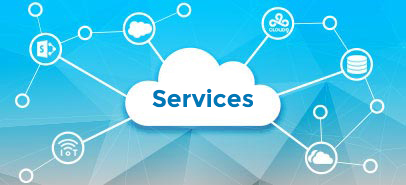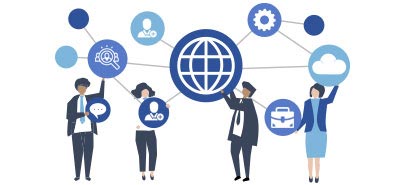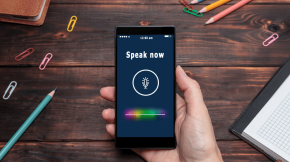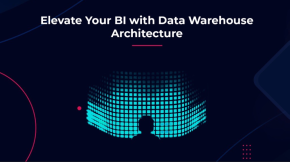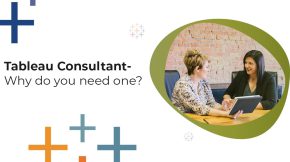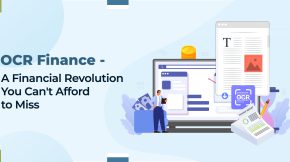What is Donor CRM? Unleash the Power of CRM Donation Management for Non-Profits
Welcome to the world of nonprofit organizations, where the focus is on improving lives rather than maximizing profits. In this digital era, nonprofits are embracing the power of technology to streamline their operations and increase productivity. One of the most critical tools in a nonprofit’s arsenal is a Donor CRM system, such as Microsoft Dynamics 365 for Nonprofits. Donor CRM, or donor customer relationship management, is a software solution that helps organizations manage their relationships with donors, volunteers, and clients. This comprehensive guide will explore what is Donor CRM, the benefits of CRM donation management, and how Microsoft Dynamics 365 can transform your nonprofit organization.
What is Donor CRM?
A Donor CRM is a centralized platform designed to track interactions, maintain vital information, and nurture connections with your constituents. It helps nonprofits manage donor relationships, track donations, and analyze donor data to make informed decisions. With a robust Donor CRM like Microsoft Dynamics 365 for Nonprofits, organizations can streamline their operations, improve donor engagement, and ultimately maximize their impact.
Why is Donor CRM Essential for Nonprofits?
Nonprofit organizations rely heavily on donations and support from their constituents. Effective donor management is essential for maintaining long-term relationships and ensuring the sustainability of an organization’s mission. A well-implemented Donor CRM system can help nonprofits in various ways:
- Centralizing donor, volunteer, and client data
- Tracking interactions and communication history
- Automating repetitive tasks, such as sending thank-you messages and donation receipts
- Segmenting donors based on their interests and preferences
- Identifying trends and opportunities for donor engagement
- Facilitating data-driven decision-making
- Enhancing overall fundraising efficiency
Benefits of CRM Donation Management
CRM donation management offers several benefits for nonprofits, including:
- Improved donor engagement: A donor CRM system allows nonprofits to personalize their communication with donors, leading to stronger connections and higher donor retention rates.
- Streamlined data management: A centralized platform for donor data eliminates the need for manual data entry and reduces the risk of errors, saving time and resources.
- Enhanced reporting and analytics: CRM donation management tools offer advanced reporting and analytics capabilities that help nonprofits make data-driven decisions to optimize their fundraising efforts.
- Increased efficiency: By automating routine tasks, a donor CRM system frees up staff resources, allowing them to focus on higher-value activities that support the organization’s mission.
Unleashing the Power of Microsoft Dynamics 365 for Nonprofits
Microsoft Dynamics 365 for Nonprofits is a powerful CRM donation management tool that can revolutionize your organization by offering the following capabilities:
Donor and Client Management
Managing relationships with donors, clients, and volunteers is the lifeblood of any nonprofit. Dynamics 365 serves as a robust donor CRM, providing a centralized platform to track interactions, maintain vital information, and nurture those connections. Imagine effortlessly navigating through a treasure trove of donor data, finding trends, and identifying the best strategies to run successful fundraising campaigns.
Streamlined Operations
Nonprofit organizations often face operational challenges, juggling multiple tasks and limited resources. With Dynamics 365 as your donor CRM, you can bid farewell to manual processes and embrace streamlined operations. From financial management to grant tracking, this powerful tool simplifies and automates crucial tasks, saving time and resources.
Data-Driven Decision Making
In the world of nonprofits, data is key to making informed decisions. Dynamics 365 equips you with comprehensive analytics and reporting tools, enabling you to gain actionable insights from your donor management data. From donor segmentation to program evaluation, harnessing the power of data has never been easier.
Engaging Constituents
Your constituents are at the heart of your nonprofit’s success. Dynamics 365 empowers you to build meaningful connections and engage with your supporters on a deeper level. By leveraging integrated marketing tools, personalized communications, and constituent management features, you can nurture lifelong relationships.
Integrations and Customizations
Microsoft Dynamics 365 for Nonprofits seamlessly integrates with other Microsoft products, such as Office 365, Power BI, and Azure, creating a cohesive ecosystem for your organization. Additionally, Dynamics 365 can be customized to suit the unique needs of your nonprofit, ensuring that the system aligns with your specific goals and processes.
Here are 6 reasons why non-profit organizations should use a donor CRM management like Dynamics 365:
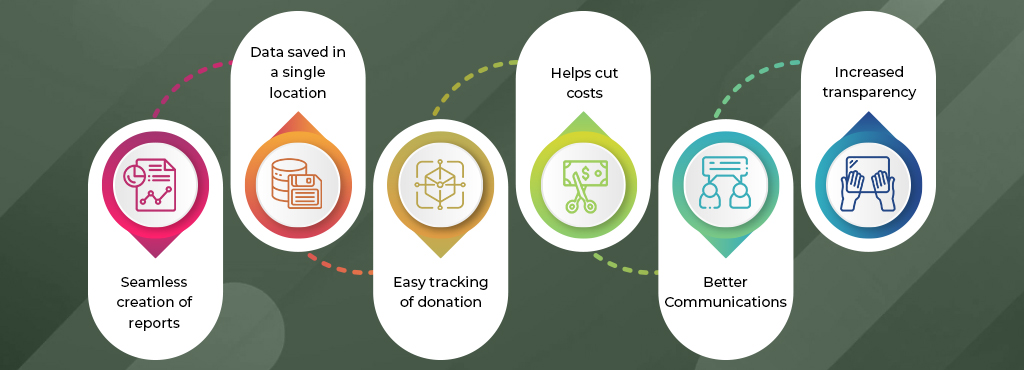
Seamless creation of reports
CRM software can not only record and maintain data but can also provide insights to the organization in the form of dashboards and reports. A donor CRM usually comes with options and features to help the users configure the data based on their requirements and the metrics required, giving a high chance for personalization. Right from transactions to maintaining a list of attendees for any events, a non-profit CRM software cuts time in presenting data and is also a most sought-after alternative for rows and columns for any spreadsheet.
Data saved in a single location
Non-profit CRM software has a centralized database for storing data. This makes it easy for the staff to access information easily whenever needed. A centralized location can also be upgraded to be made more secure by adding encrypted servers in case there is a need to store sensitive and confidential data like payment history and details. In case your company has a roster of temporary workers, it is easier to navigate across data in case there is a need to add, remove, or edit the details.
Easy tracking of donation
Non-profit CRMs tend to have modules for handling all activities involving donations. Forms are usually the most sought-after way to collecthttps://www.dynamicscrmconsulting.com/nonprofit-crm/ data and receive donations. Forms available on CRMs can be easily customized by adding elements like the logo of the organization and its branding colors. All details entered are automatically stored in the donor CRM and this reduces the need to manually handle incomplete data. This helps in easy CRM donation management. Also, in the long run, with an easy donation, CRM comes easy planning of future fundraising goals.
Help cut costs
All functions that can be performed by a donor CRM can be done by a human too. But it is not feasible to have one in the long run. Many non-profit organizations hesitate in using a CRM due to the costs involved, but this is nothing less than an investment. Whatever costs are usually involved in hiring someone to perform these duties can be cut efficiently by using a CRM as the costs involved in the installation and paying the subscription fees is comparatively much lower than those involved in paying the salaries to a working professional for whatever a CRM can do.
Better Communications
CRM donor management helps in offering a faster communication network as better communication can help maximize the relationship between non-profit organizations and donors. They usually tend to ask for more information about the organization, right from objectives, mission, and milestones. They usually tend to look at the highlights from the past and the goals set for the upcoming years ahead. Using a nonprofit CRM donor management system can help get the kind of information they require. When they see more relevant information more often, they tend to get a better understanding of the kind of work the organization is doing to help in faster communications. Nonprofit donor CRM comes with templated schedules that can help save a lot of time that could be involved in sending the right communications at the right time. Such CRMs are automated and reduce the human effort to keep track of sending communications. Responding faster to the donors will give them an impression that they are being valued and will be eager to be a part of the progress. In such a case, a non-profit CRM delivers.
Increased transparency
With better communications comes better transparency, not only for the donors but for the members of the non-profit organization as well. Donors tend to expect access to information related to work in case they are willing to make a donation. A non-profit donor CRM helps store information in the form of reports, finances, members, mission, objectives, and milestones about the non-profit organization that can be presented to the donors upon demand. This level of transparency will give a sense of confidence to the donors as they will not face many hassles involving making a donation.
Implementing Microsoft Dynamics 365 for Nonprofits
To get the most out of your Dynamics 365 consulting and implementation, consider partnering with Beyond Key, a trusted Microsoft consultant. We specialize in helping nonprofits like yours take advantage of the powerful donor CRM solution. Our Dynamics CRM Consulting offers a range of services to help nonprofits unlock the full potential of Dynamics 365 for Nonprofits.
Our team of experts provides end-to-end consulting, implementation, and support services, ensuring a seamless transition to the new CRM system. Learn more about our services and expertise here.
Conclusion
Microsoft Dynamics 365 for Nonprofits is not just a donor CRM; it’s a catalyst for transformation. Embrace the power of Dynamics 365 and embark on an exciting new chapter of success for your nonprofit organization partnering with us.
By streamlining operations, improving donor engagement, and enabling data-driven decision-making, Dynamics 365 for Nonprofits has the potential to revolutionize the way you manage your organization, ultimately maximizing your impact and driving positive change in the world.


